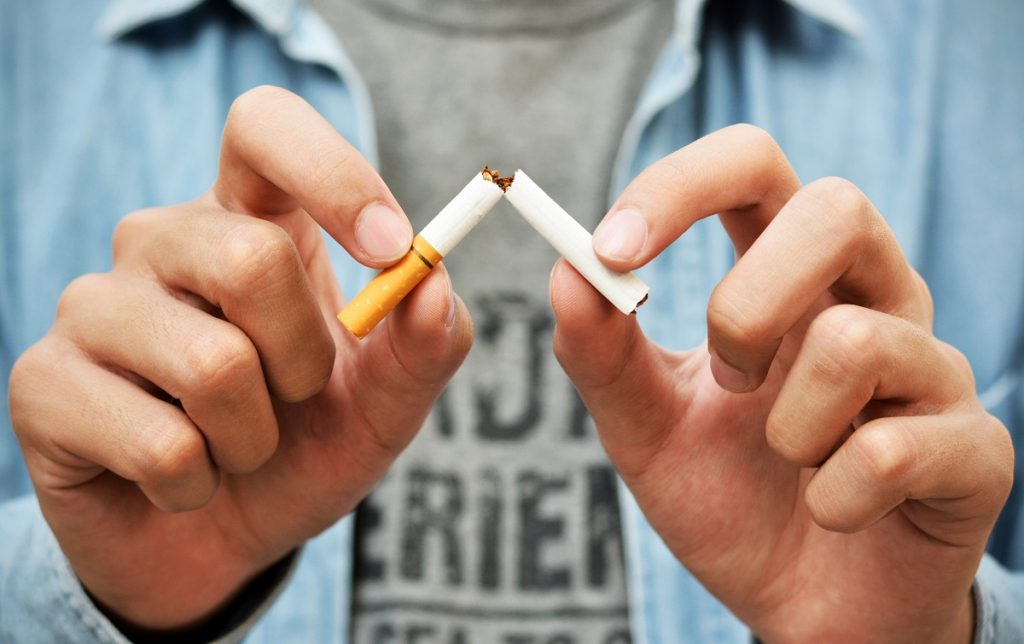Gum disease is a serious health problem that causes a host of other health problems, ranging from loss of teeth and recurrent gum abscesses to cardiovascular diseases and lung infections. Poor hygiene is the number one culprit behind gum disease. As you know, when you skip the brush and the floss, you become more at risk of gum irritation and inflammation. But you could be equally vulnerable too because of these factors:
Heredity
Unfortunately, if your parents or close family members have gum disease, you’re more likely to get it, too. The first sign of the problem is bleeding and sore gums. If left untreated, it might progress into periodontitis and eventually tooth loss, which would merit a dental implant procedure. South Jordan dentists explain, however, that while your genes make you more susceptible to the disease, that doesn’t mean the problem is inevitable.
Good oral care habits can help prevent the problem. In fact, you now have all the more reason to be meticulous and consistent about hygiene. Observe correct brushing techniques. Avoid aggressive strokes that would hurt the gums. Use a 45-degree angle to reach the gum line and other hard-to-reach areas in the mouth. Floss after eating and every month, make it a priority to visit your dental clinic to monitor and reduce your risk.
Diabetes
Diabetics are more likely to get gum disease than the general population. Diabetes causes the blood vessels to thicken, which then affects how nutrients are delivered to different parts of the body and how wastes are removed. Your gums and bone tissues don’t have that much of a strong resistance against infection-causing bacteria, which then puts you at risk for gum disease.
Another factor here is the fact that poor sugar control allows higher levels of glucose in the mouth, making it easier for bacteria to grow. Treatment of gum disease among diabetics depends on its severity. For periodontal surgery, though, doctors recommend changing meal times and adjusting the timing and dosage of insulin before the procedure is performed.
Smoking
Smoking weakens your immune system, which makes it hard for the body to fight off bacteria and infections. The longer and the more cigarettes you smoke, the greater the risk for gum disease. What’s worse is it’s more difficult to heal from treatment procedures, both surgical and non-surgical, when you’re a smoker.
Most people experienced tooth loss years after their periodontal treatment. Of course, you can replace lost teeth with dental implants, but not everyone can undergo such a procedure. Plus, there are lots of complications involved in the procedure when you smoke. There’s also the option of crowns and bridges, but eventually, they lose their aesthetic appeal, as the gums begin to recede due to smoking.
Make it a priority to kick the habit once and for all. Have a partner you can count on with your decision to quit. Ask your dentist for smoking cessation methods.
There are a whole lot of factors, apart from poor hygiene, that makes you at risk for gum disease. Consult your dentist how you can reduce your vulnerability.

